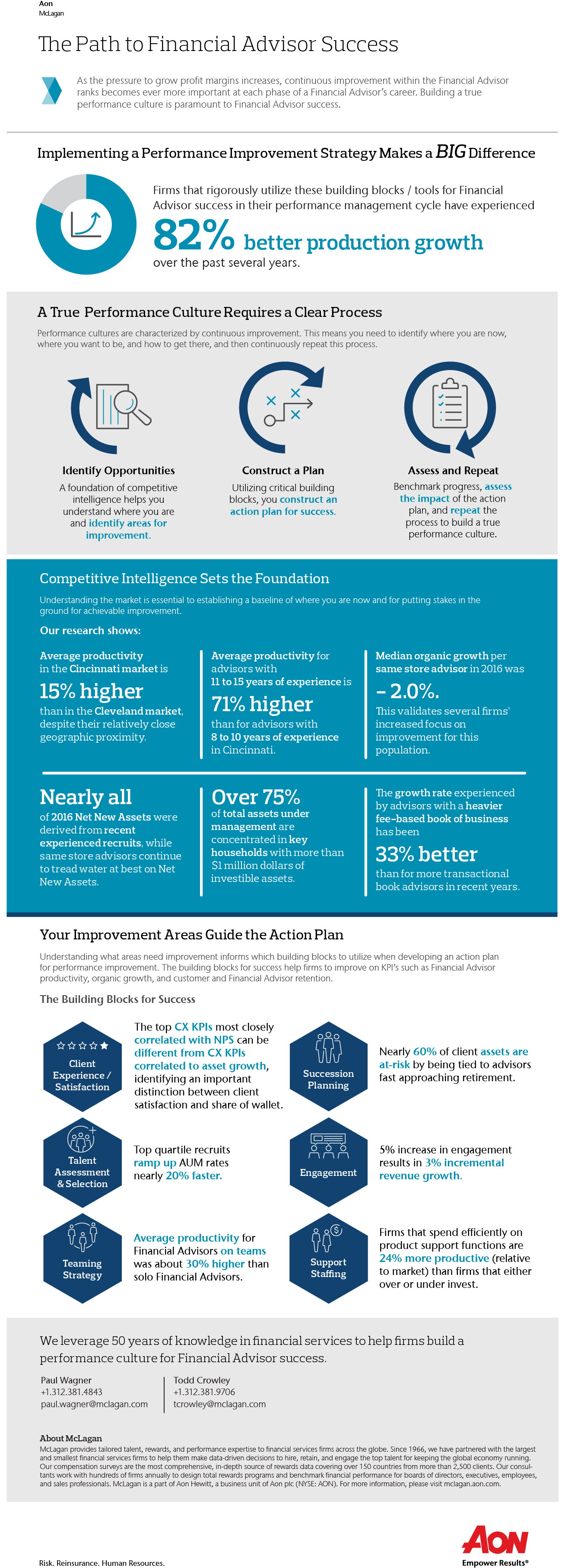Prepare To Discover The Underlying Influences That Effect Your Economic Decisions, With Emotions Playing A Main Function In The Complex Procedure Of Managing Riches

Article Written By-McCullough Stanley
When it pertains to wide range and economic decisions, emotions are often the unseen pressure driving the wheel. Your mood, concerns, and needs can guide your options greater than you understand, possibly influencing your monetary well-being. By unwinding Estate Planning between feelings and cash, you may uncover unexpected understandings that could reshape the way you come close to riches monitoring. Comprehending the psychology of wide range can open a course to more conscious and sensible financial decision-making, guiding you in the direction of a more thriving and steady future.
Emotional Influences on Financial Choices
When making financial choices, emotions play a significant function in influencing your selections. It's necessary to recognize how sensations like anxiety, greed, and enjoyment can affect your financial health. Anxiety may lead you to make overly careful decisions, missing out on prospective possibilities for development. On the other hand, greed can push you in the direction of dangerous investments that might not align with your long-term objectives. Excitement may create you to ignore essential details or rush right into decisions without correct examination.
Comprehending your emotions and just how they affect your monetary choices is essential for making sound choices. By knowing your emotional state when faced with economic options, you can take steps to reduce spontaneous behavior and assume even more reasonably. Setting clear monetary objectives and having a well-thought-out plan can aid you navigate these psychological influences successfully. Remember, it's fine to seek assistance from financial experts or mentors to gain perspective and make informed choices among psychological turbulence.
Common Psychological Predispositions in Wealth Monitoring
Understanding the usual mental biases in wealth monitoring is vital for making educated financial decisions. Wealth Strategies is overconfidence, where people often tend to overestimate their expertise and capacities, leading to excessive risk-taking. This can result in inadequate financial investment options and considerable losses.
One more typical predisposition is loss aversion, where the anxiety of losing cash outweighs the possibility for gains, triggering investors to make traditional choices that might hinder riches build-up.
Confirmation predisposition is likewise widespread in wide range monitoring, where individuals seek info that lines up with their existing ideas while overlooking contradictory data. This can cause a skewed perception of market fads and prevent the capacity to adjust to altering monetary landscapes.
Furthermore, securing predisposition occurs when people count also greatly on preliminary info when choosing, possibly causing suboptimal outcomes.
Approaches for Emotionally Intelligent Spending
To navigate the complexities of investing with psychological intelligence, take into consideration carrying out sensible methods that line up with your financial goals and run the risk of tolerance. Start by establishing clear investment purposes based upon your long-lasting monetary ambitions.
Diversification is crucial to taking care of threat and can aid support your profile from market volatility. On a regular basis testimonial and adjust your investment profile to guarantee it remains straightened with your altering monetary scenarios and run the risk of cravings.
Method mindfulness to remain grounded during market changes. Emotions like worry and greed can shadow judgment, resulting in impulsive choices. By remaining conscious and reasonable, you can make even more enlightened financial investment options.
Additionally, automate your cost savings and financial investments to prevent emotional decision-making. Establishing automated contributions to your investment accounts can help you stay self-displined and avoid the lure to time the market.
Verdict
Finally, by identifying and handling your emotions when it comes to monetary decision-making, you can boost your possibilities of making logical choices and attaining long-term monetary stability.
Knowing usual psychological biases, establishing clear purposes, expanding financial investments, and practicing mindfulness are essential approaches for making emotionally smart investing choices.
By taking control of your feelings and applying these methods, you can browse the complexities of wide range administration with self-confidence and success.

